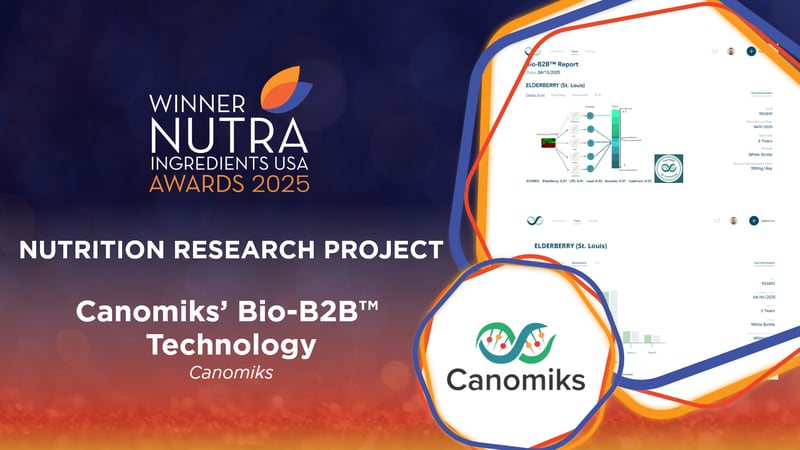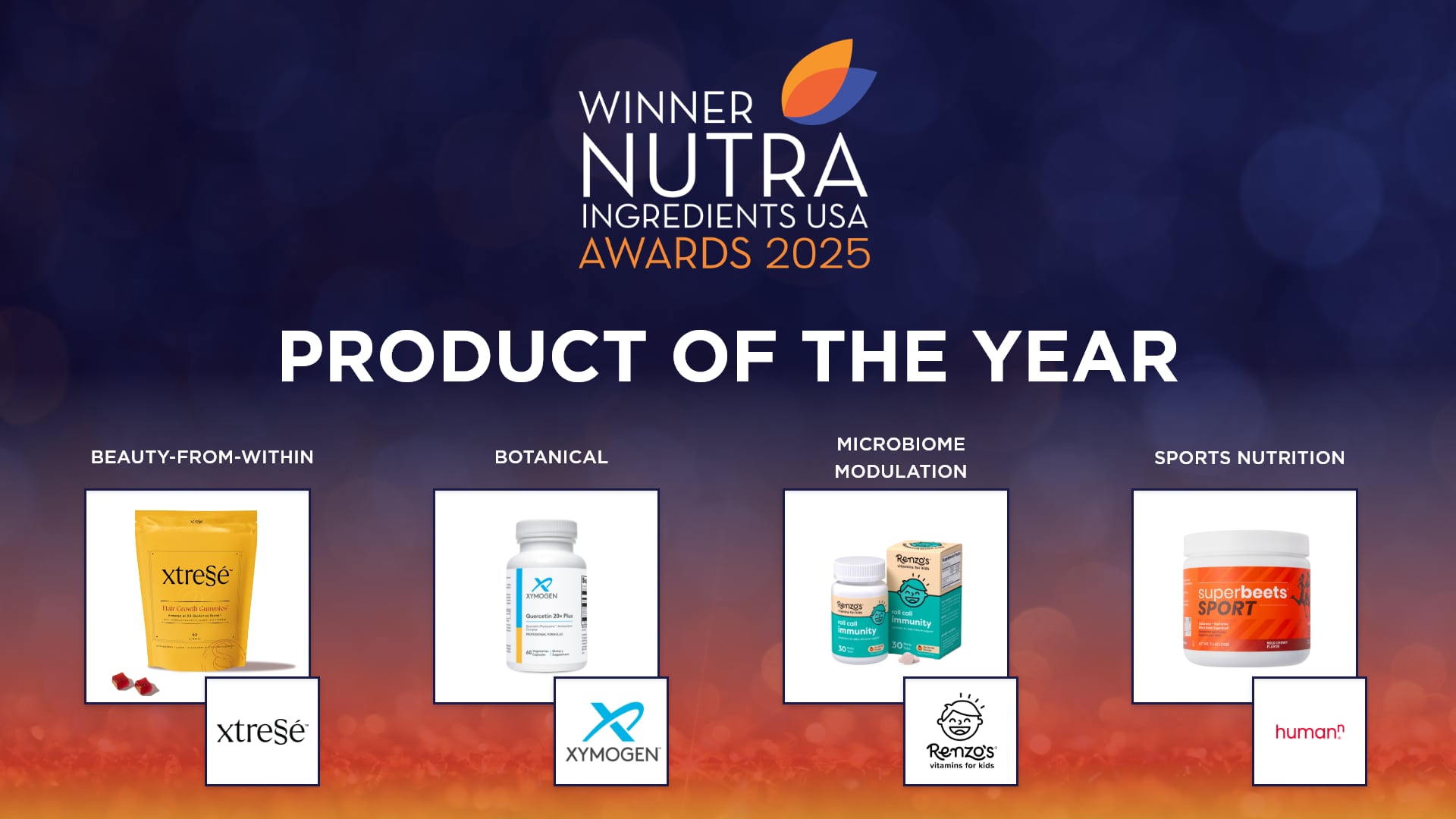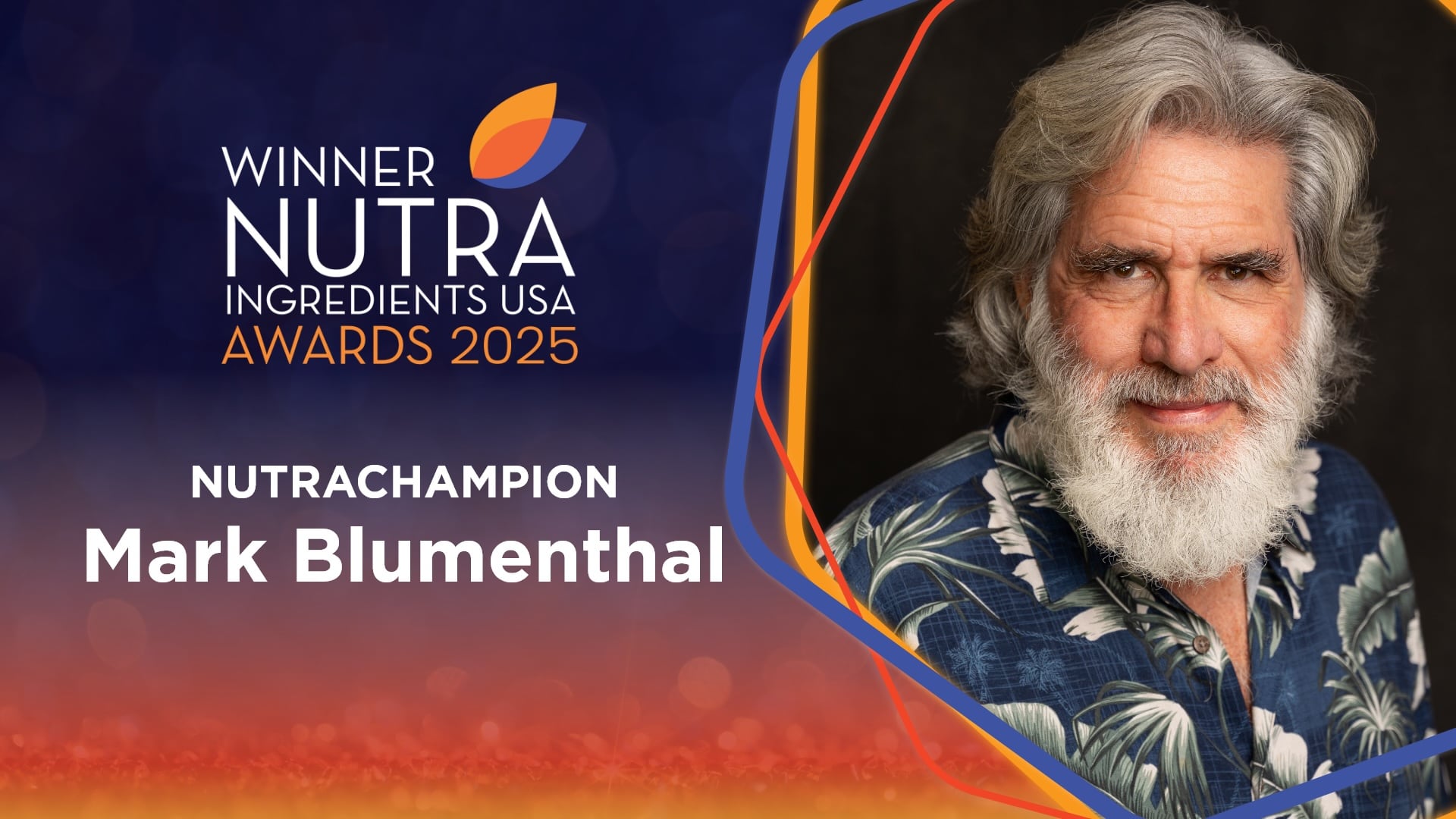The solution—backed by a National Science Foundation (NSF) grant—enables companies to standardize and verify the biological effects of botanical ingredients used in dietary supplements, functional foods and beverages, cosmetics and skin care products by using human cells, genomics and artificial intelligence.
“Canomiks’ Bio-B2B ingredient testing, which includes an AI-powered biological effect score predictor software, is potentially game-changing,” the panel of award judges said. “The research project provides ingredient suppliers with an easy way to verify the safety and/or efficacy of their products. This will be interesting to watch.”
Canomiks, co-founded by three Harvard professors and based in Rochester, MN, said winning the award is a significant honor and validates the company’s core mission to support scientific rigor and biological efficacy testing of botanicals.
“Our Bio-B2B solution directly addresses this need, helping the industry demonstrate the true potential of botanicals for human health,” said Dr. Leena Pradhan-Nabzdyk, PhD, CEO and co-founder of Canomiks. “This recognition, alongside funding from the National Science Foundation, strengthens our commitment to bringing truth, trust and transparency to the botanical industry.”
Bio-B2B reduces challenges related to batch-to-batch variation and quality inconsistencies that may arise from different suppliers, crop strains, harvest times, extraction methods or adulteration. After going through the Bio-B2B process, companies can then use the CanTRUST by Canomiks certification seal of approval on packaging.
Botanical benefits
Canomiks has also been able to discover previously unknown benefits of botanicals through in vitro testing.
“Seeing the genuine potential these natural compounds hold for human health, especially for benefits not currently promoted, was truly inspiring and is crucial for designing successful clinical trials,” Dr. Pradhan-Nabzdyk said.
However, its testing of some botanicals, including turmeric found in retail products, revealed significant discrepancies in efficacy.
“This highlights a critical gap: Current identity, potency and purity tests don’t always guarantee a botanical’s effectiveness,” Dr. Pradhan-Nabzdyk said. “This underscores the vital need for our Bio-B2B solution. It offers a valuable opportunity for suppliers to differentiate their ingredients by providing proven efficacy.”
The company hopes that Bio-B2B testing will empower suppliers to offer efficacious ingredients to finished product brands, ultimately ensuring that consumers receive the most effective and safe products. Brands can also leverage Canomiks testing services before sourcing ingredients, helping them avoid costly errors and ensure successful product runs.
Looking ahead, Canomiks said the Bio-B2B project is central to driving future innovation and shaping the development of all the solutions the company creates.
“This research helps us identify areas within the botanical industry where scientific validation is most urgently needed,” Dr. Pradhan-Nabzdyk said. “Bio-B2B can contribute to developing sustainable ingredients by pinpointing and sourcing ingredients from specific crop strains or regions where environmentally friendly cultivation practices are employed.”



